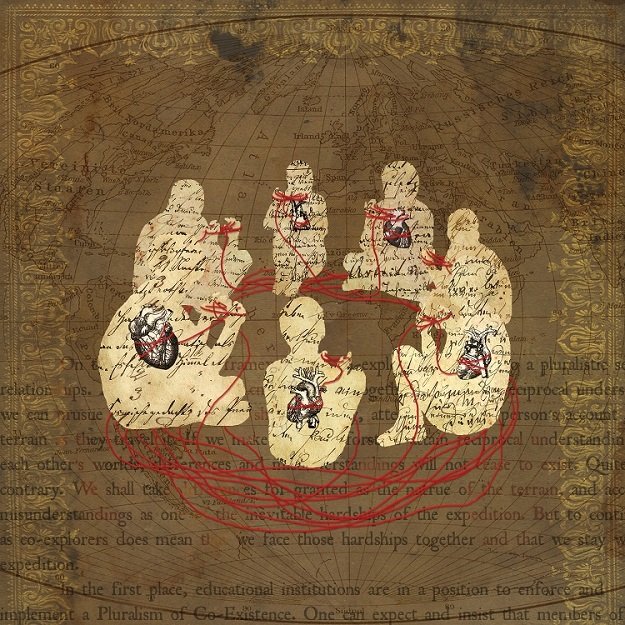Some thoughts about the vital crises of development and strategies to overcome. /part 7/
Surely, people know the states of crisis, as well as call them, since humanity exists. It is also likely that people have always had a repertoire of crisis-management strategies, specific to the era and culture. It is a merit for professionals in the field of helping professions that by initially systematically studying this experience, they are operationalised and give it a tight look in theory, and then it is engineered into algorithms of professional behavior.
The importance of the theory of crisis for mental health care began to grow in the mid-1940s.Certain events sharpen the focus on crises and their consequences. A key role is played by the understanding that intervening at a certain point in the development of the crisis can save mental and physical health degradation. The natural states of life transition are referred to as normative crises. Some of the normative crises are heavy and require specialized help. E. Erickson subdivides the crises of casual and developmental crises that are challenged by the specific requirements of each stage of individual development until psychological maturity is reached.
Thus, in general, crises can be subdivided mainly into two types: A. Development crises / normative, prescribed crises /: these are transitions between the different stages of life through which we all pass. These transitions are crises because they can include periods of significant and prolonged stress, especially if there is insufficient guidance and support to prevent blockage at a particular point of transition. Crises of this type can be called normative because, to a large extent, social norms and roles attributed to specific ages determine the need for change and the stress associated with this change.
These periods of grave transition are often marked by "transition rites" at clearly defined moments; B. Situational / incidental, accidental / crises: they are not prescribed, but result from certain, usually unexpected events (such as loss of work, loss of income and / or housing, accident, theft, . The onset of each crisis is associated with a precipitating / unlocking / event. The precipitating event is a change in the usual rhythm of life with dimensions that go beyond the individual's ability to adapt in the usual way.
